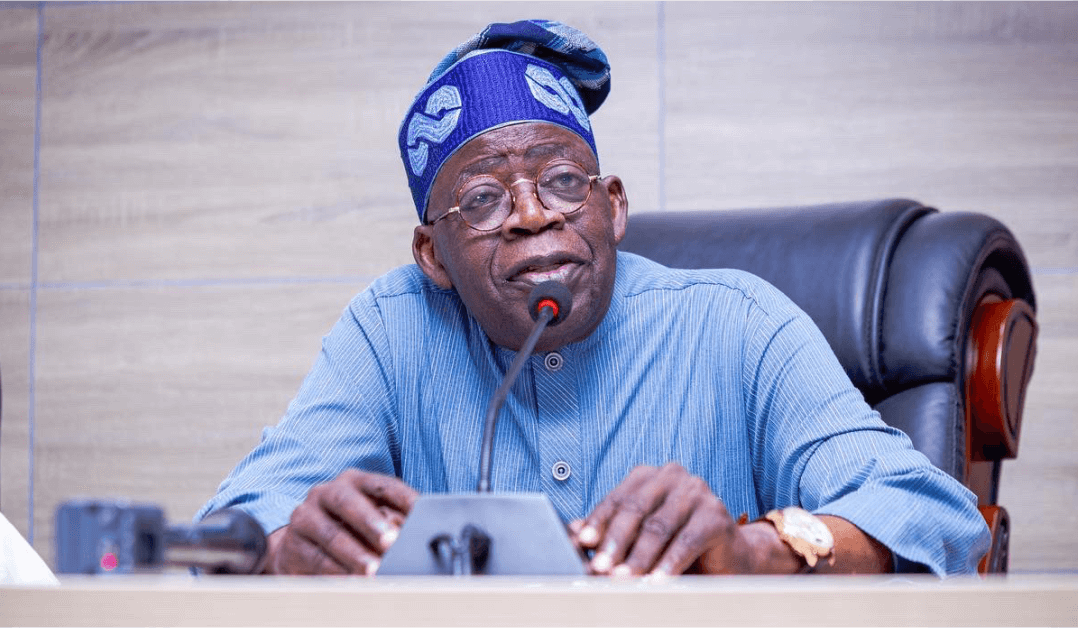The Presidency has once again assured Nigerians that President Bola Ahmed Tinubu remains resolute and fully committed to bringing an end to the persistent challenges of terrorism, banditry, kidnapping, and other forms of insecurity affecting various parts of the country. The assurance follows ongoing national conversations on security reforms and expectations for a safer and more stable Nigeria.
According to the Presidency, President Tinubu is not only intensifying collaboration with security agencies but also strengthening international and regional partnerships to ensure the complete dismantling of terror networks and armed criminal groups. The administration believes that securing the nation remains a non-negotiable priority and a core pillar of its governance strategy.
A Renewed Commitment to National Peace and Unity
The Presidency emphasized that the Tinubu-led government understands the gravity of the security situation and is treating it with utmost urgency. The President is said to be personally involved in receiving intelligence updates, reviewing operational strategies, and ensuring that the military and law enforcement agencies receive the necessary support to execute their duties effectively.
Officials highlighted that the Federal Government is currently:
- Enhancing the capacity of the Armed Forces with new tactical equipment and technology.
- Strengthening cooperation between the military, police, and intelligence agencies for coordinated operations.
- Working to improve border surveillance to prevent the inflow of illegal arms and infiltration of foreign fighters.
- Expanding regional security alliances to jointly combat cross-border terrorism.
This multidimensional approach, the Presidency noted, reflects the administration’s understanding that modern security threats require advanced and proactive solutions.
Addressing Root Causes of Insecurity
Beyond military operations, the Tinubu administration is placing emphasis on addressing the underlying socio-economic conditions that often fuel unrest. The government is expanding job empowerment programs, rural development initiatives, and agricultural support schemes aimed at reducing poverty and providing alternatives for at-risk youths.
The Presidency explained that insecurity thrives where governance structures are weak or where communities feel neglected. By improving economic livelihood, infrastructure, and access to education, the government hopes to curb the incentives that make criminal networks appealing to vulnerable young people.
Collaborating with Global and Regional Partners
The government is also leveraging diplomatic channels to encourage intelligence sharing, supply of advanced defense technology, and joint peacebuilding efforts. This includes working closely with African neighboring states, Western allies, and international security organizations.
Officials reiterated that terrorism is a global challenge, and Nigeria is positioning itself to lead and collaborate in collective security efforts across the continent.
A Call for Public Cooperation and Support
The Presidency further encouraged Nigerians to support ongoing national security efforts by providing credible information, promoting unity, and avoiding actions that inflame division or undermine state institutions. The administration maintains that defeating insecurity requires not only government action but also active citizen involvement.
Nigerians are urged to remain hopeful and patient, as reforms and operations currently in motion are expected to yield visible and lasting results.
The Road Ahead
While the challenge of insecurity remains significant, the Presidency insists that the Tinubu administration is not relenting. Every day, new strategies are being reinforced, tactical operations are ongoing, and collaborative efforts are expanding.
With sustained action, community cooperation, and international partnership, the government believes that Nigeria will overcome terrorism and restore peace across all regions of the country.



